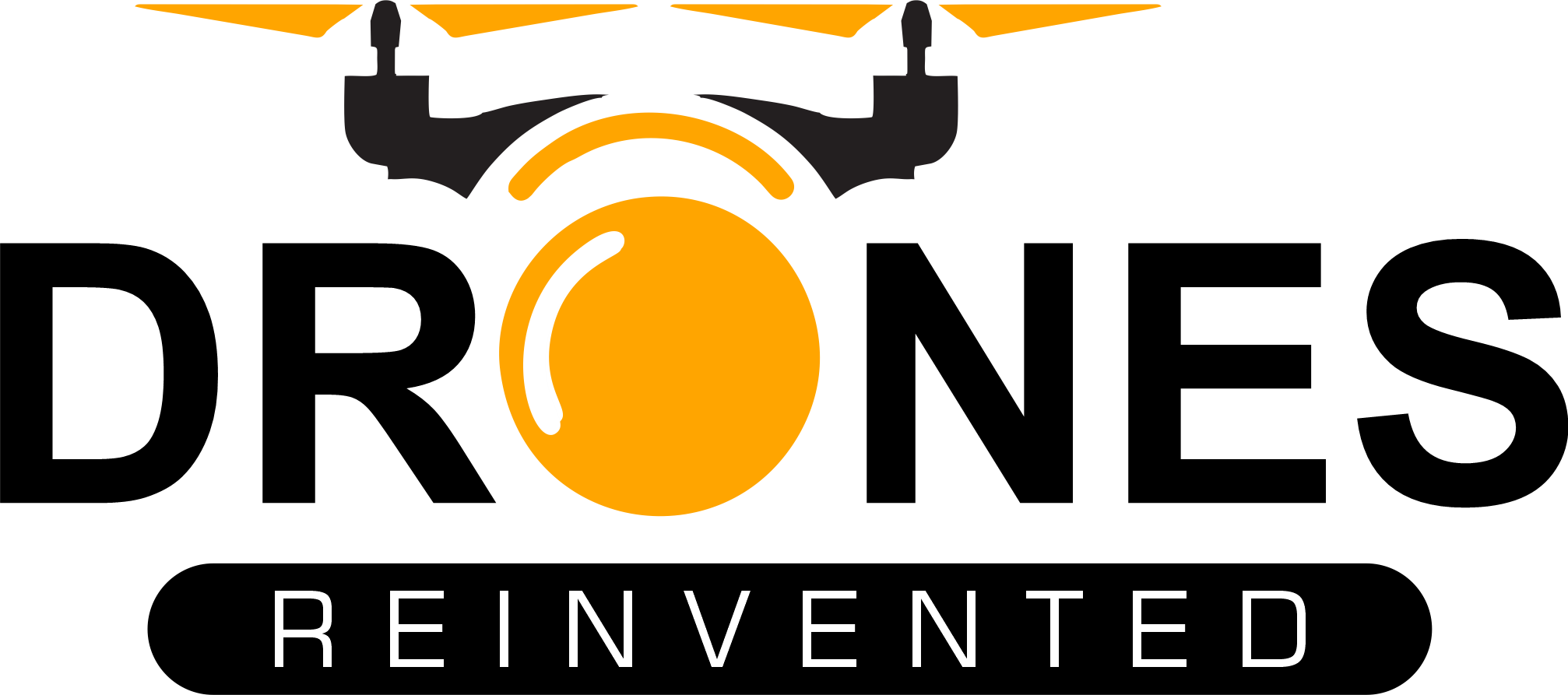New funding from Lightspeed and gradCapital supports Airbound’s mission to transform last-mile delivery through cost-effective, efficient drones.
Drone technology startup Airbound has raised $1.7 million in a seed round led by venture capital firm Lightspeed, with additional backing from gradCapital. This funding will help Airbound further develop its innovative TRT delivery drone, designed for enhanced efficiency and affordability in last-mile logistics. Airbound’s proprietary design is intended to make drone delivery a cost-effective solution for a wide range of industries, starting with medical supplies.
Making Drone Delivery Economically Viable
The drone delivery sector has often faced barriers due to regulatory hurdles and high per-mile expenses, limiting its potential as a mainstream logistics solution. Airbound aims to address these challenges with its unique “blended wing body tailsitter” design, known as TRT, which aims to dramatically cut delivery costs. With the TRT model, Airbound expects to lower delivery expenses to just a few cents per mile.“Our goal isn’t just to build a great drone—we want to create a world where delivery is essentially free,” stated Naman Pushp, Founder and CEO of Airbound. He emphasized that the startup focused on weight reduction, safety, and efficiency to set new industry standards. “We scrutinized every vehicle system to reduce weight, enhance safety and reliability, and maximize efficiency,” he said. Through innovative carbon fiber manufacturing methods, Airbound reduced the drone’s airframe weight from 6 pounds to just 400 grams.This focus on efficiency has led to a product three times lighter than conventional alternatives with four times the aerodynamic efficiency, significantly lowering both upfront and operational costs.
From High School Project to Transformative Solution
Pushp’s journey with drones began as a high school project, which later evolved into a full-fledged company when he decided to forgo an offer from Carnegie Mellon University to focus entirely on Airbound. With early support from gradCapital, Pushp spent four years refining the TRT design. Today, Airbound drones have already covered thousands of kilometers, showcasing the potential of their approach.
Hemant Mohapatra, a partner at Lightspeed, expressed confidence in Airbound’s potential: “Drones are the future of deliveries, and we are highly optimistic about the potential of this game-changing technology in revolutionizing logistics. Our investment in Airbound aligns with our mission of backing founders who can identify market gaps and pioneer path-breaking products to address those.”
Aiming for Practical Applications in Health and Grocery Delivery
Airbound’s initial market focus is on medical deliveries, such as routine transport of blood samples from health centers to labs. This focus offers a critical proving ground for the technology, with plans to expand into food and grocery deliveries once the model is established. Airbound believes its drone design will open new possibilities for cost-efficient delivery in markets that could benefit most from affordable logistics.
Timing and Market Opportunity
Airbound’s technology enters the market as regulatory and technological hurdles have been gradually resolved, making this an ideal time to develop cost-effective drone delivery. Public interest in drone technology is also rising, with many eager to see drones take on a larger role in day-to-day logistics.
For more information, visit Airbound’s website or follow their updates on LinkedIn and X.

0 Comments